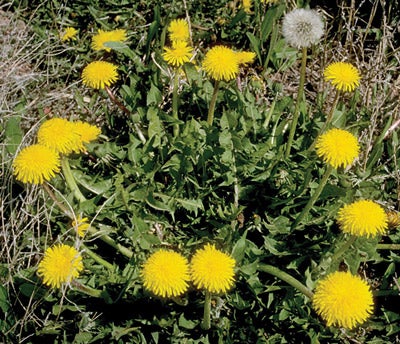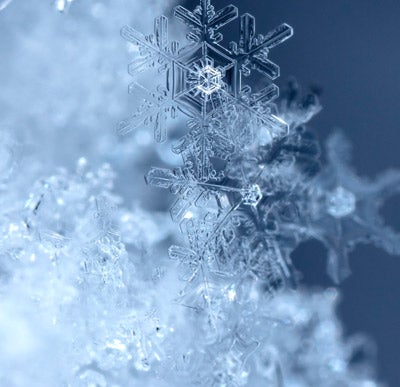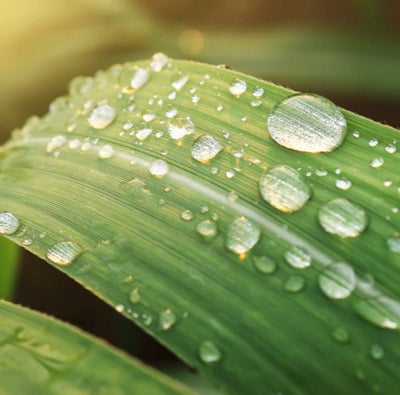Fall applied herbicides are a great way to reduce the weed seed bank, preserve moisture and nutrients, fight herbicide resistance, and give crops a better chance in the early growing season. Following a few best management practices can ensure your herbicide program goes even further.
 Apply to actively growing weeds
Apply to actively growing weeds
Herbicide uptake and efficiency is determined by good spray coverage plus the presence of healthy, growing leaf tissue. Since weeds are damaged during harvest, a post-harvest application should be made after the weeds have time to produce new leaf tissue. Look for approximately six inches (15 cm) of new growth.
 Wait to spray if there is a frost
Wait to spray if there is a frost
Blackened, browned or dark-green leaf tissue indicates frost or cold-temperature damage and generally unhealthy plants. Unhealthy plants will not readily absorb herbicides so spraying should be delayed until new growth is present. Start the sprayer when leaves are again vibrant green, shiny, and pliable.
 Check for daytime temperatures and dew levels
Check for daytime temperatures and dew levels
There are two types of herbicides that can be applied in the fall: Burnoff products and extended-control, soil-applied products.
Spraying burnoff herbicides when temperatures are warmer and heavy dew is off the plant creates excellent conditions for the herbicide to move to the root. Ideally, temperatures should be above 10 degrees Celsius and applications should be made before October 1.
Apply extended-control, soil-applied products when soil temperatures are cooling to 10 degrees Celsius. Spraying when soil temperatures are just below this level increases the likelihood of moisture activation in the spring from either snow melt or an early rain event.
Diversify your weed management program
Weed scientists at the University of Nebraska-Lincoln describe fall herbicide applications as an effective way to add another herbicide mode of action to a weed control program. A fall application contributes to herbicide resistance management in some weed species, saves nutrient and water resources, and can help reduce overall costs.
BROWSE FALL HERBICIDE PRODUCTS